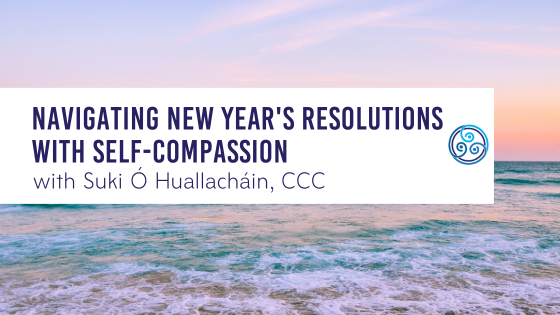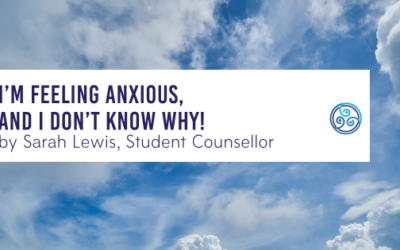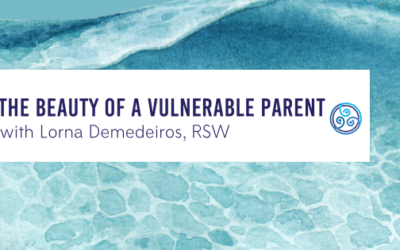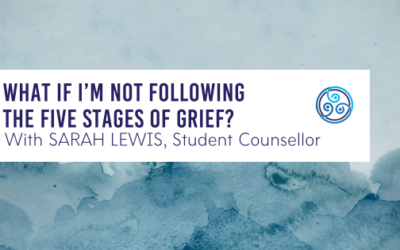As we enter into December it is natural for our mind to jump into the New Year and with that comes resolution making. While setting goals can be exciting, it’s crucial to approach them with a gentle mindset and a lot of self-compassion. Instead of pushing yourself with unrealistic standards, let’s embrace a mindset of kindness and understanding. Here’s why self-compassion matters in the realm of New Year’s resolutions, along with practical examples to guide you on your journey.
Self-compassion involves treating yourself with the same kindness and understanding that you would offer to a loved one. Rather than harsh criticism, self- compassion encourages acknowledging your struggles with warmth, understanding, and empathy.New Year’s resolutions often come with a tinge of perfectionism; the idea that we must flawlessly execute our goals from the start. Embrace the fact that setbacks are part of the process and an opportunity for growth.
Self-Compassion in Action:
Reframe Negative Thoughts:
Instead of belittling yourself for not hitting a specific milestone, reframe negative thoughts. Acknowledge the effort you’ve put in and focus on the progress made, no matter how small. This can sound like, “I may not have reached my goal weight, but I’ve been consistent with my workouts and making healthier food choices. That’s a step in the right direction.”
Practice Kind Self-Talk:
Be mindful of the language you use when discussing your resolutions. Replace mean critical words with words of encouragement and understanding. Instead of saying, “I failed at my resolution,” try saying, “I faced a challenge, and I’m learning from it to do better next time.”
Celebrate Small Victories:
Break down your larger goals into smaller, more manageable tasks. Celebrate the achievement of these smaller milestones to stay motivated. This can sound like “I completed my daily journaling goal for five minutes today. It may seem small, but it’s a win towards creating mindfulness.”
Permission to Change:
Life is ever changing and priorities can shift. Give yourself permission to reassess your goals and make adjustments as needed without feeling like you’ve failed. An example of this could sound like, “My initial goal was to read a book a week, but life got busier than expected. Instead of beating myself up, I’m adjusting the goal to one book a month, as it’s more realistic for me and what is going on right now.”
As you embark on your New Year’s resolutions, remember that self-compassion is not a sign of weakness; it’s a source of strength. Here’s to a New Year filled with self-compassion, understanding, and the courage to embrace the beautiful imperfections that make you uniquely you. Cheers to a journey of growth and self-love in the coming year!
Happy New Year to a healthier, happier, and more compassionate you!



